Independent study reveals which is the safest helmet available
Helmets with additional impact and anti-rotational technology fare best
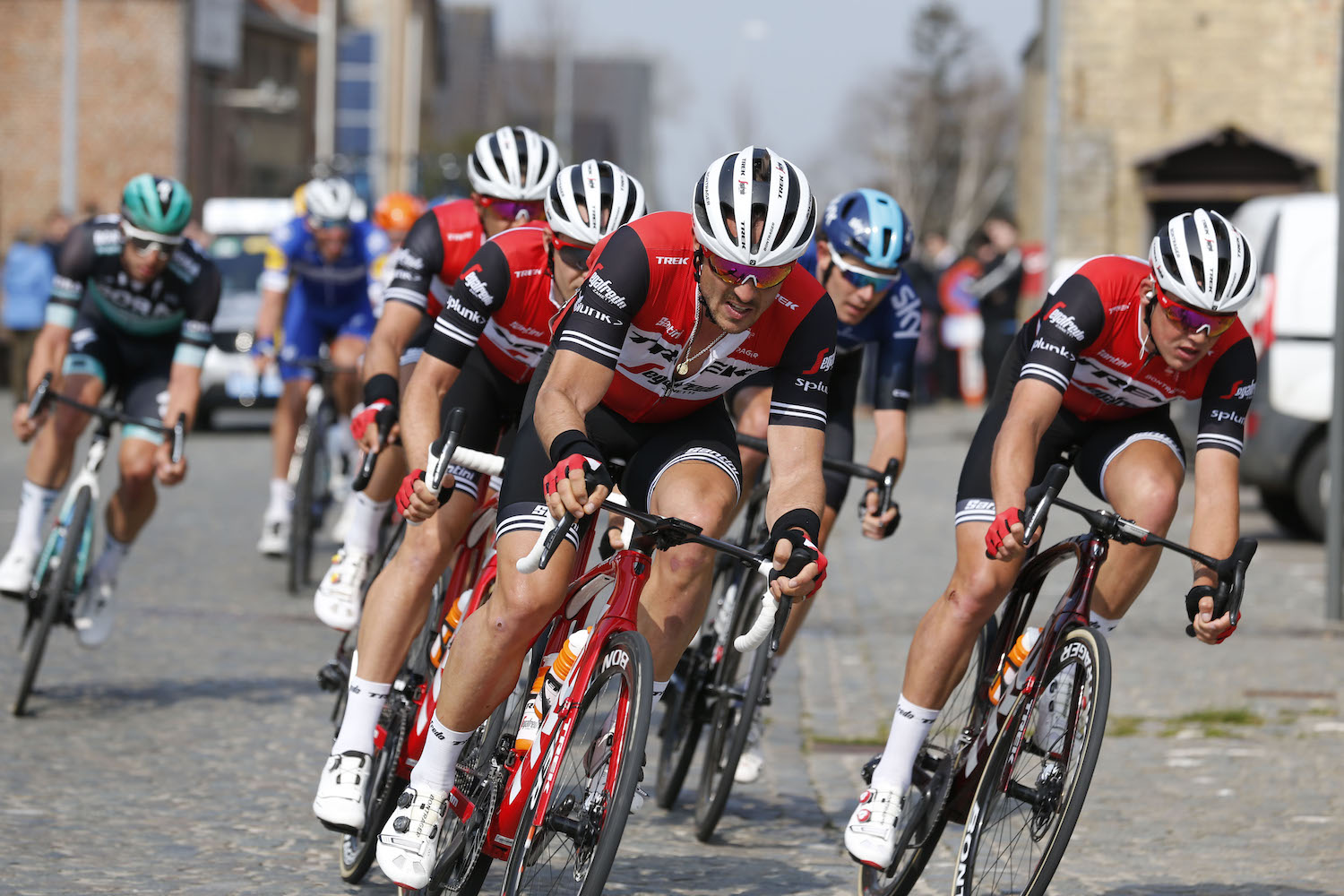
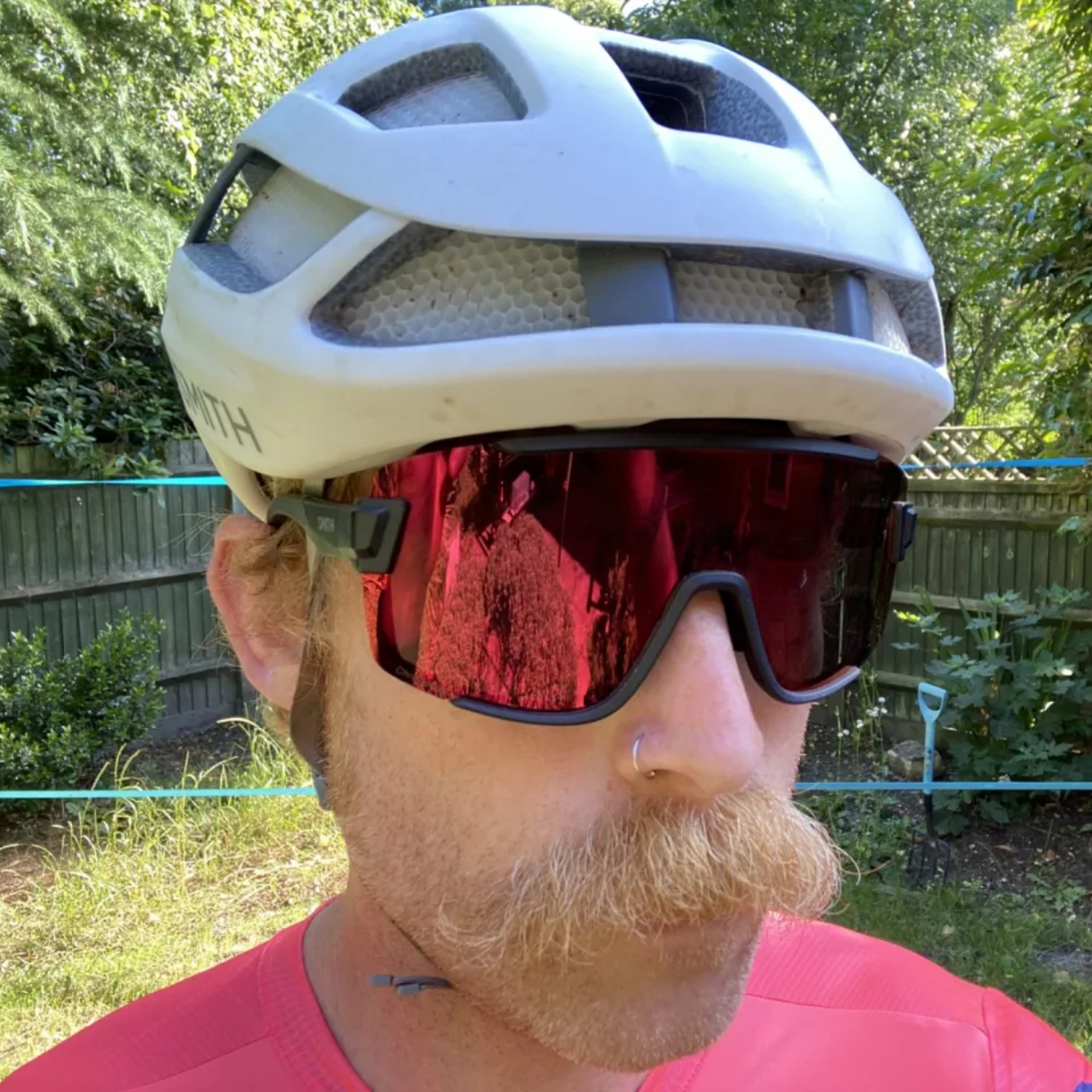
The results of one of the most exhaustive and comprehensive studies into the safety performance of some of the most popular cycle helmets have just been released by a US research institution.
Virginia Tech, in collaboration with the Insurance Institute for Highway Safety has independently tested 86 helmets from a range of brands and given each a star rating based around a helmets ability to protect the rider from rotational velocities and impacts as well as the ability to decrease linear acceleration. Last year Virginia Tech's safety report tested 30 helmets last year but this test now supersedes the results of that.
>>> Best road bike helmets 2019: a buyer’s guide to comfortable, lightweight and aero lids
A barrage of 12 separate laboratory drop tests subjected the helmets to impacts and rotational forces designed to closely mimic the most common styles of impact found during a bicycle crash.
The drop test sees each helmet dropped onto a steel anvil angled at 45 degrees, from a pre-determined height. The anvil was also coated in sandpaper to further mimic a typical road surface. Impact forces were measured as well as the amount and angle of any rotational forces encountered across a multiple of test samples for each helmet. Each test was also carried out at two different velocities, again based around bicycle crash studies and determined to be most common impact speeds faced during impacts.
Results were then given a score and STAR rating based around the ability of each helmet to reduce the occurrence and risk of concussion-type head injuries.
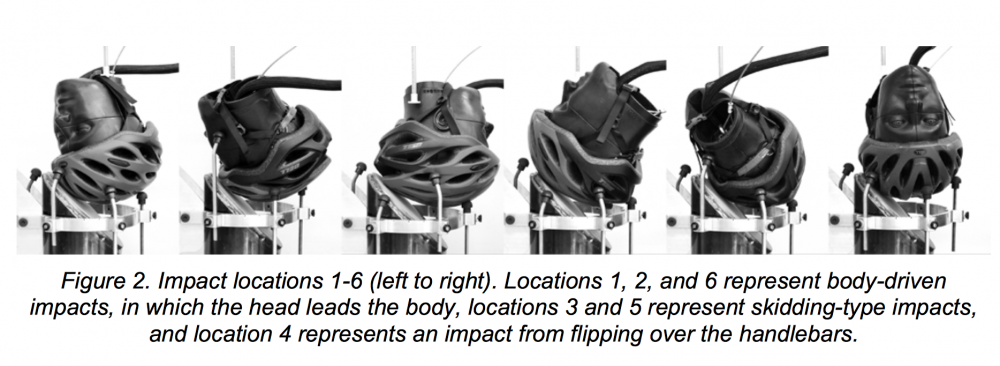
Sample helmets came from the majority of the main helmet suppliers in the bicycle industry, all of which had already exceeded the U.S. CPSC safety certification. Specialized, Bontrager, Smith, Lazer, Giro, Bell and POC were amongst the companies that supplied helmets from throughout each range. Helmets tested spanned entry level to high-end and examples that included third party or proprietary anti-rotational technology such as MIPS.
The full results rated the helmets from 1-86; with the top five, safest helmets being:
2. Troy Lee Designs A2 MIPS Decoy
3. Lazer Century MIPS
4. Lazer Cyclone MIPS
5. Bontrager Specter WaveCel
For the full results list (and to see how your helmet might have fared) go here.
Although no reference is made to the fact, the top 37 helmets all incorporated additional anti-rotational technology. Indicating that this additional safety tech enables the helmet to achieve far better results throughout the testing than helmets without these features. It's also noteworthy that Bontrager's controversial WaveCel system features in the top five.

Thank you for reading 20 articles this month* Join now for unlimited access
Enjoy your first month for just £1 / $1 / €1
*Read 5 free articles per month without a subscription

Join now for unlimited access
Try first month for just £1 / $1 / €1
Get The Leadout Newsletter
The latest race content, interviews, features, reviews and expert buying guides, direct to your inbox!
James Bracey's career has seen him move from geography teacher, to MBR writer, to Cycling Weekly's senior tech writer and video presenter. He possesses an in-depth knowledge of bicycle mechanics, as well as bike fit and coaching qualifications. Bracey enjoys all manner of cycling, from road to gravel and mountain biking.
-
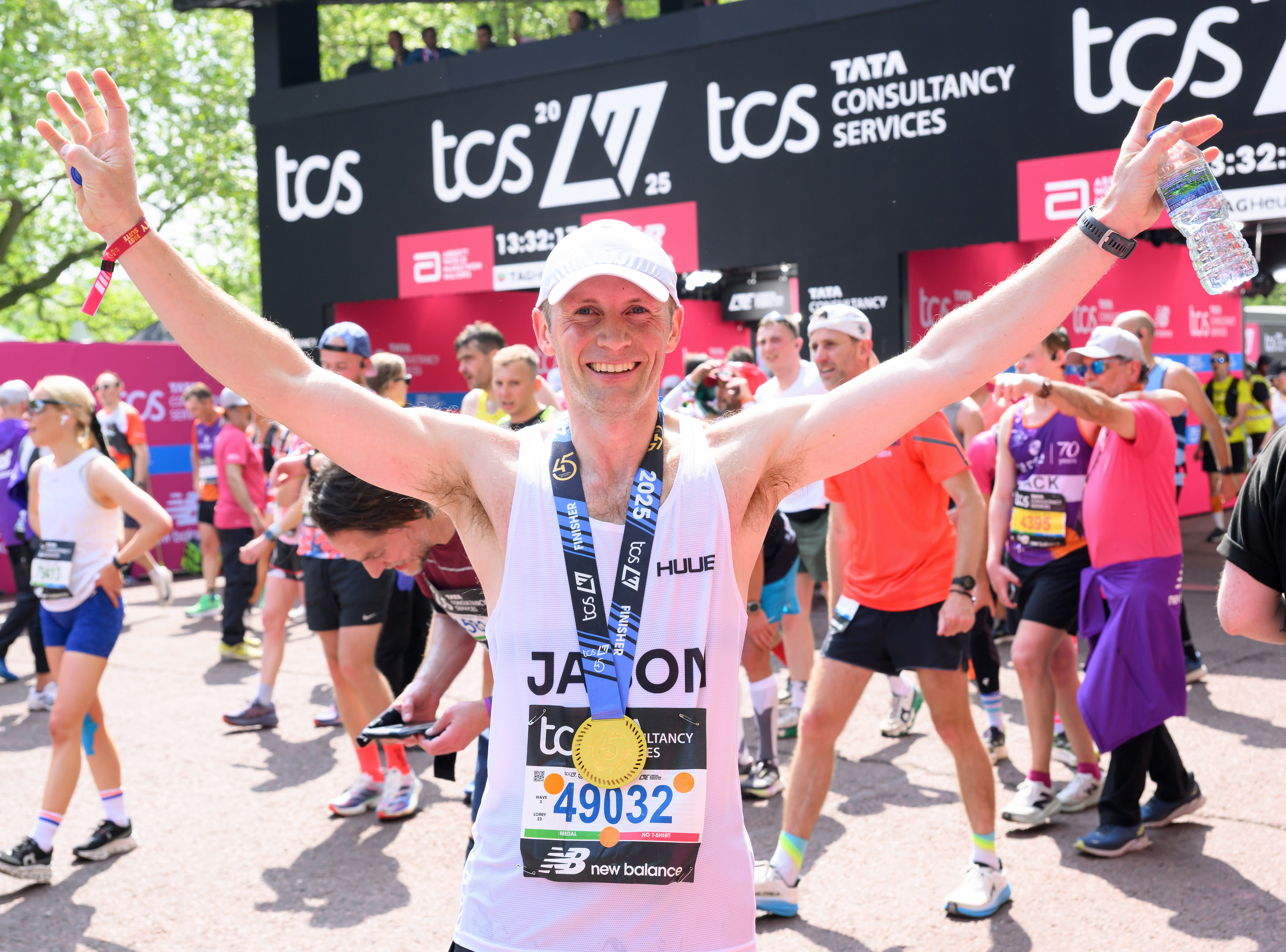 'Not bad for a sprinter' - Jason Kenny runs London Marathon in impressive time
'Not bad for a sprinter' - Jason Kenny runs London Marathon in impressive timeSeven-time Olympic gold medallist made marathon debut alongside former GB team-mate Becky James
By Tom Davidson
-
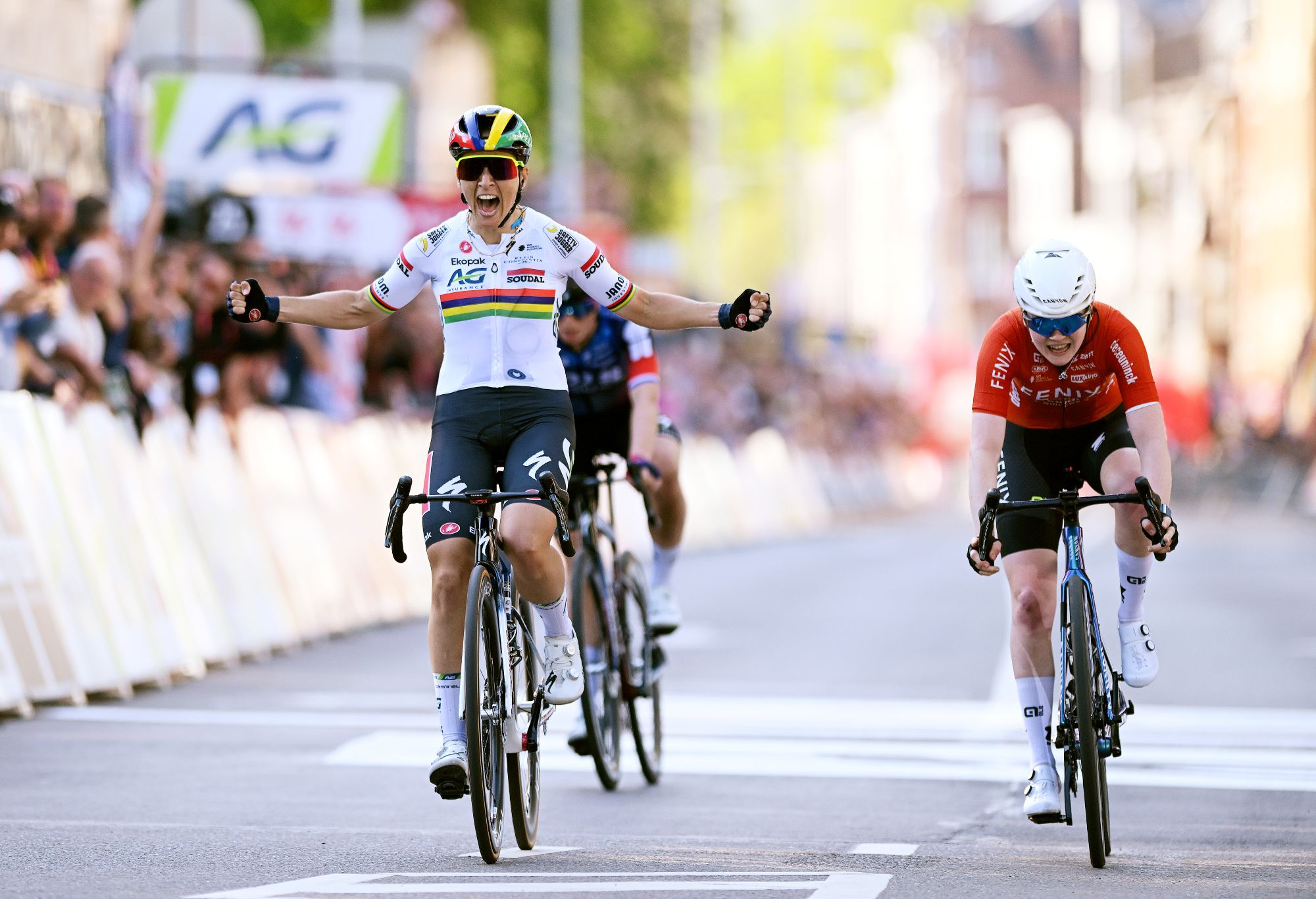 Kim Le Court outsprints Demi Vollering and Puck Pieterse to take Liège-Bastogne-Liège Femmes victory
Kim Le Court outsprints Demi Vollering and Puck Pieterse to take Liège-Bastogne-Liège Femmes victoryMauritian edges out former Tour de France Femmes winner and La Flèche Wallonne champion to take unexpected win
By Tom Thewlis